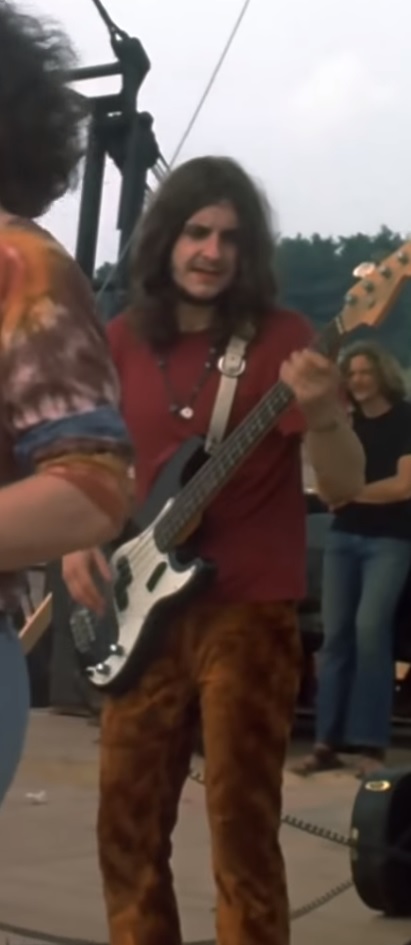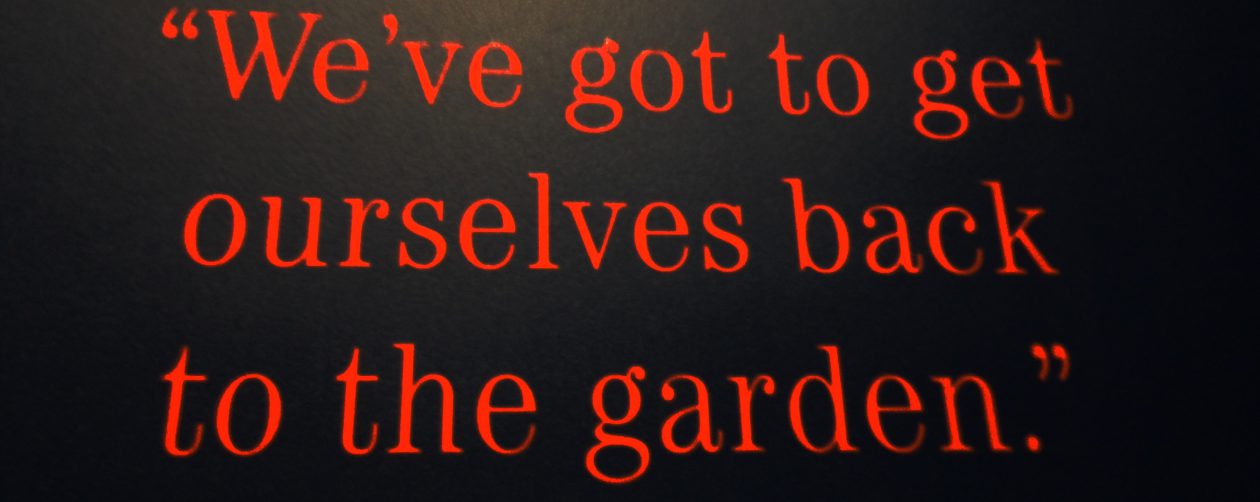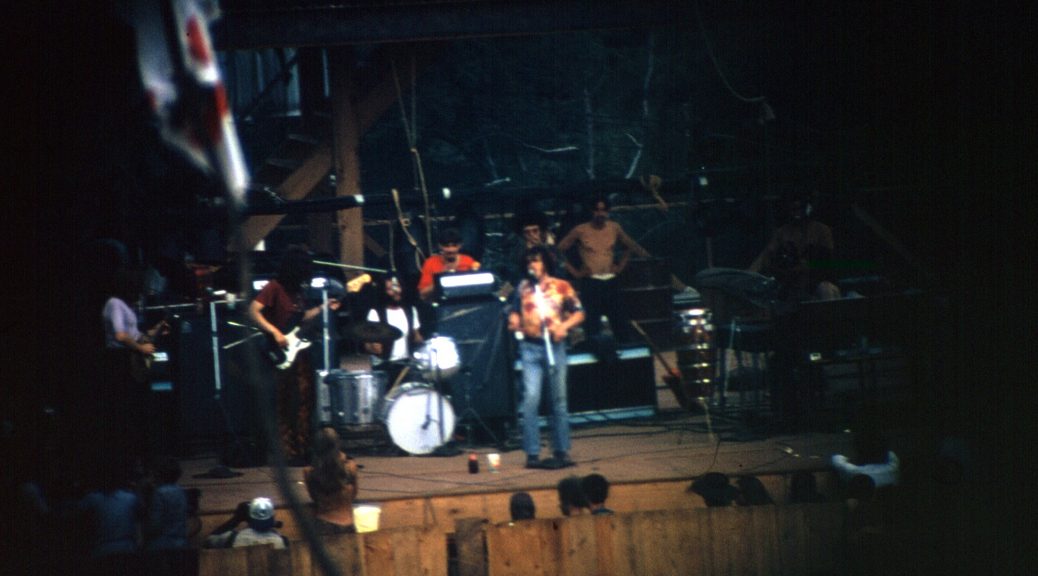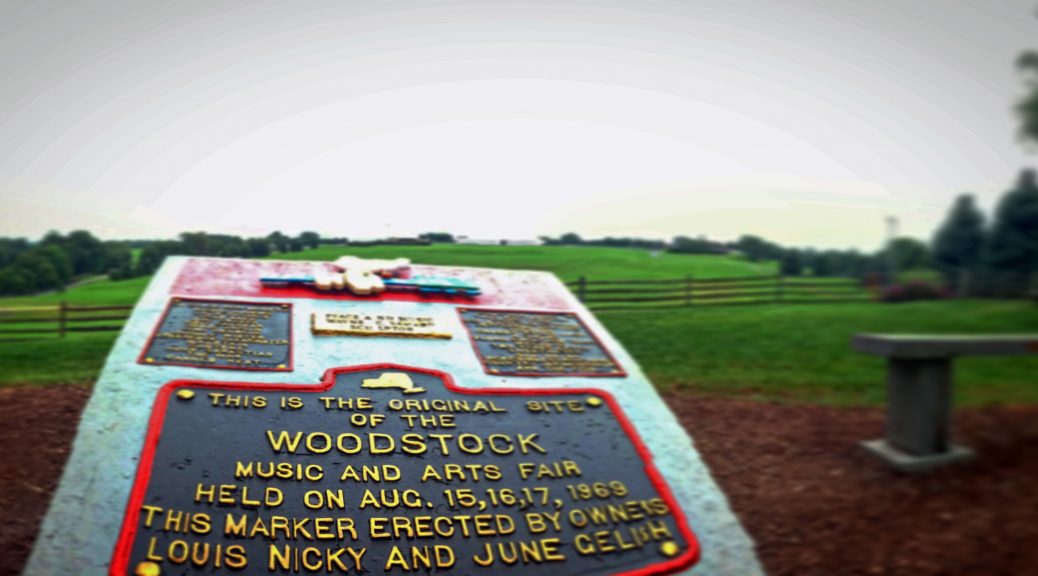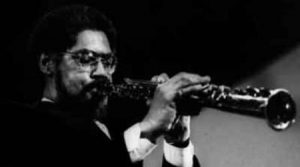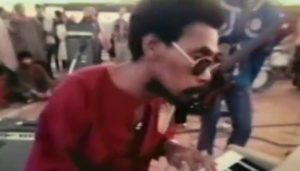Woodstock Performers First Album
Though many of those who performed at Woodstock were famous already [at least to their fans they were], in terms of having a recording contract and releasing an album, most of them had been in the music business (as opposed to performing) for only a short time. In fact for a few, their first album release came after the Woodstock Music and Art Fair.
Listed below are all those who performed at the festival in the order that their first album was released. I’ve also included the age of band members (if available) at the time of the album’s release.
There were 32 music performances at Woodstock, but Country Joe performed twice: once solo and once with the Fish. I have counted him as one and with the Fish, so I’ve listed 31 albums below.
To the point of “being in the business,” the large majority–25–of the bands had released their first albums from 1967 and after. Or, only 6 had released an album before 1967.
And three in that majority released an album after 1969.
Woodstock Performers First Album
Ravi Shankar
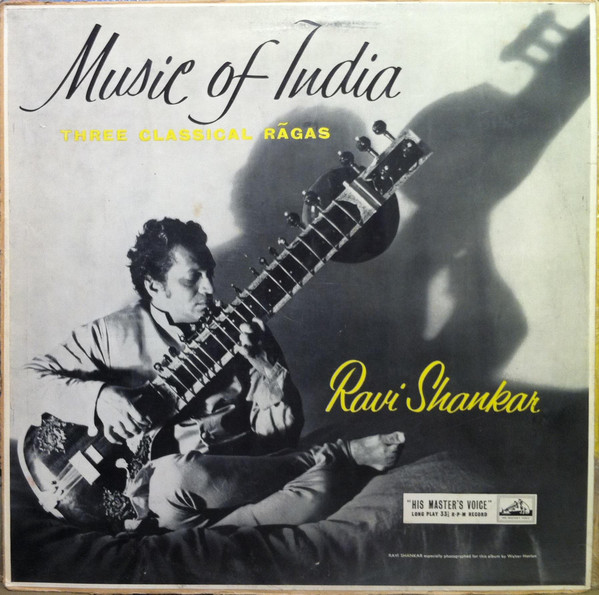
Ravi Shankar released his first album, Music Of India – Three Classical Ragas On Sitar, in 1956. He was 36.
Woodstock Performers First Album
Joan Baez
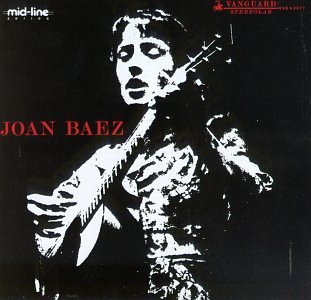
October 1960: Joan Baez (age 19) released her first album, Joan Baez.
Woodstock Performers First Album
1965
Paul Butterfield Blues Band
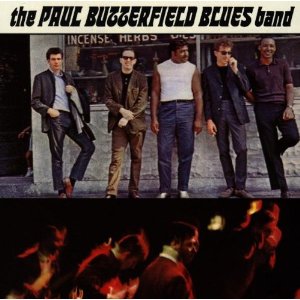
October, 1965: The Paul Butterfield Blues Band album released. Paul Butterfield was 22. No other personnel for the album performed at Woodstock.
The Who
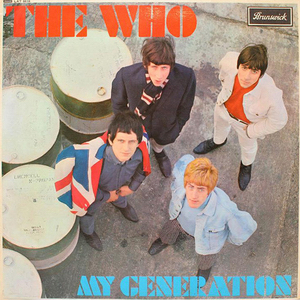
December 3, 1965: The Who [Pete Townshend, 20; Keith Moon, 19; Roger Daltrey, 21; and John Entwistle, 21] released My Generation album.
Woodstock Performers First Album
1966
Incredible String Band
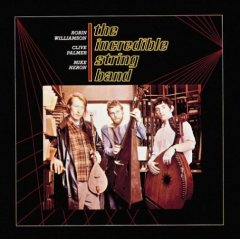
June, 1966: Incredible String Band (Robin Williamson, age 22 , and Mike Heron, age 22 ) released first album, The Incredible String Band.
Tim Harden
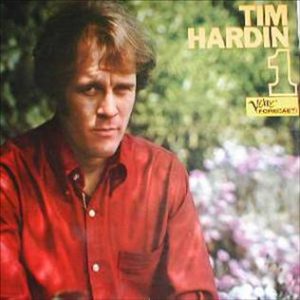
July 1966: Tim Hardin (age 25) released first album, Tim Hardin 1
Jefferson Airplane
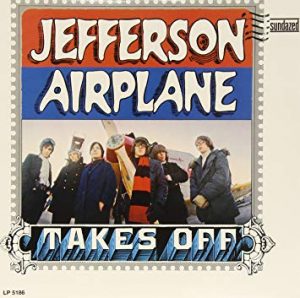
August 15, 1966: Jefferson Airplane released their debut album, Jefferson Airplane Takes Off. The personnel differ from the later “classic” lineup and the music is more folk-rock than the harder psychedelic sound for which the band later became famous. Signe Toly Anderson was the female vocalist and Skip Spence played drums. Both left the group shortly after the album’s release and were replaced by Grace Slick and Spencer Dryden, respectively. (Jorma Kaukonen (age 25), Paul Kantner (age 25), Jack Casady (age 22), Marty Balin (age 24), Grace Slick (age 26), Spencer Dryden (age 28).
Richie Havens
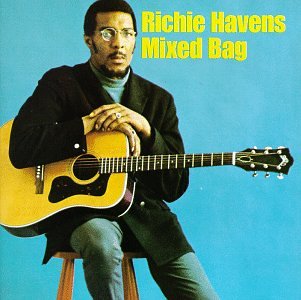
Late 1966: Richie Havens (25) released his first album: Mixed Bag.
Woodstock Performers First Album
1967
Grateful Dead
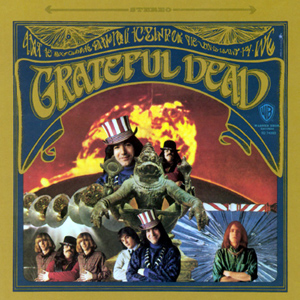
March 17, 1967: the Grateful Dead released their first album: Grateful Dead. Jerry Garica (25), Bob Weir (19), Pigpen (21), Phil Lesh (27), and Bill Kreutzmann (21).
Country Joe and the Fish
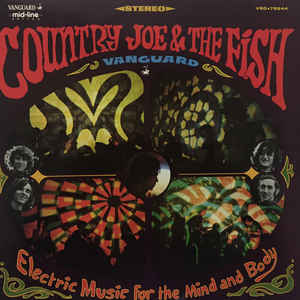
April 1967: Country Joe (25) and the Fish released first album, Electric Music for the Mind and Body.
Jimi Hendrix Experience
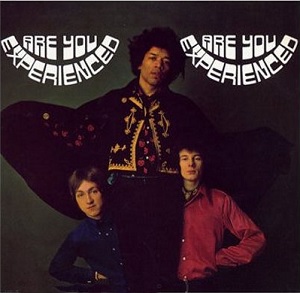
May 12, 1967: the first Jimi Hendrix Experience album, Are You Experienced, released in the UK. Jimi Hendrix (24), Mitch Mitchell, (19), and Noel Redding (21, didn’t perform at Woodstock) .
Canned Heat
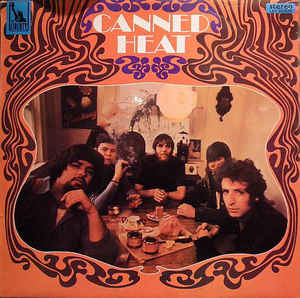
July 1967: Canned Heat released first album, Canned Heat. The three members who played Woodstock were Bob “The Bear” Hite, age 24, Alan Wilson, age 24, and Larry Taylor, age 24)
Big Brother and the Holding Company
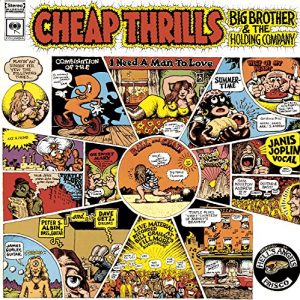
August 1967: Big Brother and the Holding Company released first album with Janis Joplin (23). The other band members, none of whom played at Woodstock, were: Sam Andrew, James Gurley, Peter Albin, and Dave Getz.
Arlo Guthrie
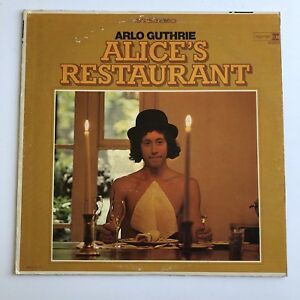
September 1967: Arlo Guthrie (20) released first album, Alice’s Restaurant.
Sly and the Family Stone
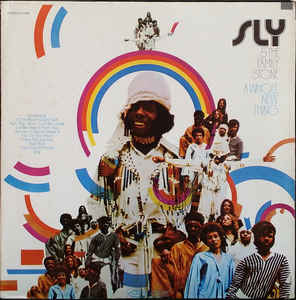
October 1967: Sly and the Family Stone released first album, A Whole New Thing. Sly Stone (25), Freddie Stone (20), Larry Graham (19), Cynthia Robinson (21), Jerry Martini (25), and Greg Errico (19).
Ten Years After
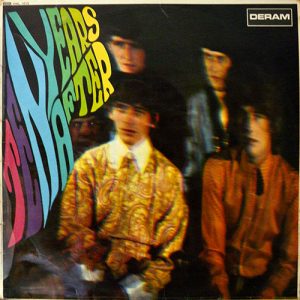
October 27, 1967: Ten Years After released its first album, Ten Years After. Alvin Lee (22), Chick Churchill (21), Leo Lyons (23), and Ric Lee (22).
Johnny Winter
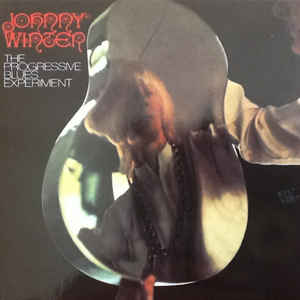
1968: Johnny Winter (age 22) released first album, The Progressive Blues Experiment with John Turner (24) and Tommy Shannon (22).
Woodstock Performers First Album
1968
Blood, Sweat, & Tears
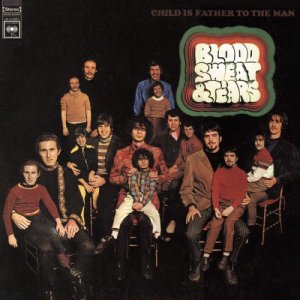
February 21, 1968: Blood, Sweat, & Tears released its first album, Child is Father to the Man. The album personnel who also played at Woodstock were: Bobby Colomby (23), Jim Fielder (20), Dick Halligan (24), Steve Katz (22), and Fred Lipsius (24).
The Band
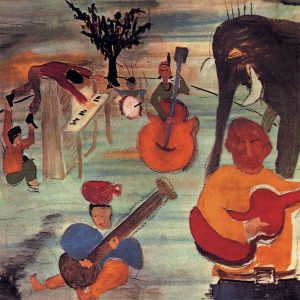
July 1, 1968: The Band released its first album, Music From Big Pink. Rick Danko, age 26; Robbie Robertson, age 25; Levon Helm, age 28; Richard Manuel, age 25; Garth Hudson, age 31.
Creedence Clearwater Revival
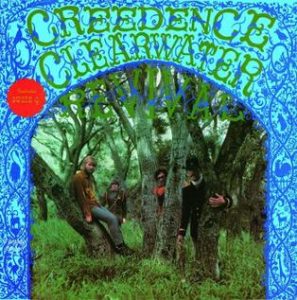
July 5, 1968: Creedence Clearwater Revival released first album, Creedence Clearwater Revival. John Fogerty (23), Doug Clifford (23), Stu Cook 23), and Tom Fogerty (26)
Melanie
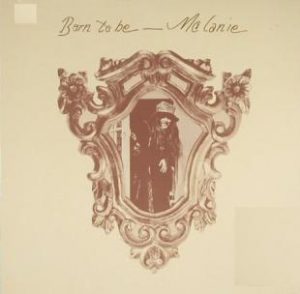
November 1968: Melanie (age 21) released her first album, Born to Be.
Sweetwater
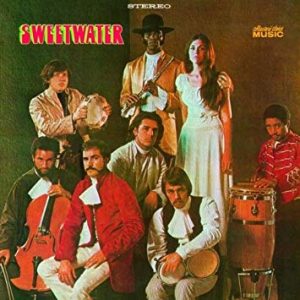
1968: Sweetwater released its first album entitled Sweetwater. Birth dates for the band members are not available. They were: Nansi Nevins, Frank Herrera, August Burns, Elpidio Cobian, Alan Malarowitz, Albert Moore, and Alex Del Zoppo.
Bert Sommer
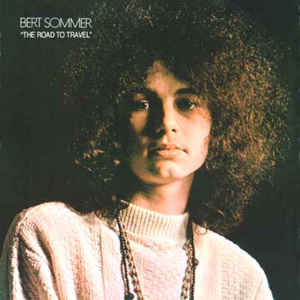
1968: Bert Sommer (age 18) released his first album, The Road to Travel. It was produced by Artie Kornfeld. Sommer was a schoolmate of Leslie West. None of the several other musicians on the album played at Woodstock.
Woodstock Performers First Album
1969
Keef Hartley Band
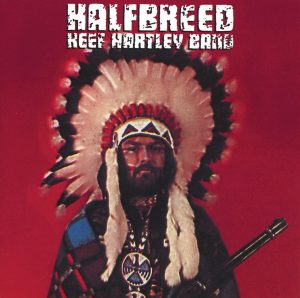
1969: the Keef Hartley Band (Keef Hartley age 25 whose career began as the replacement for Ringo Starr as drummer for Rory Storm and the Hurricanes) released its first album, Halfbreed. The other album personnel who also played at Woodstock were: Miller Anderson (24), Gary Thain (21), and Henry Lowther (27).
Joe Cocker

April 23, 1969: Joe Cocker (age 24) released first album, With a Little Help from My Friends. The only other album personnel who also played at Woodstock were: Henry McCullough (25) and Chris Stainton (25).
Crosby, Stills, & Nash
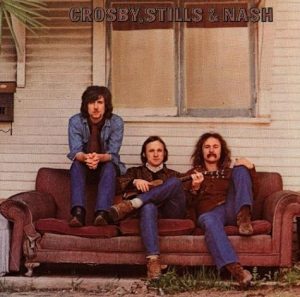
May 29, 1969: Crosby, Stills, & Nash released first album. (David Crosby age 28; Stephen Stills age 24; Graham Nash, age 27)
Santana
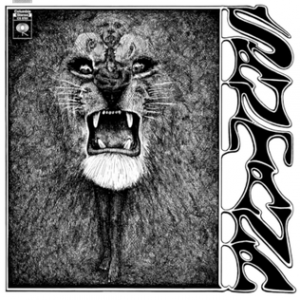
August 30, 1969: Santana released its first album, Santana. Carlos Santana (22), Gregg Rolie (22), David Brown (22), Michael Shrieve (20), Michael Carabello (21), and José “Chepito” Areas (23).
Sha Na Na

1969: Sha Na Na released its first album, Rock and Roll Is Here to Stay! Since it was released after Woodstock, I will give the personnel who performed at Woodstock (most birth dates are unknown): Alan Cooper (?), Bruce Clark (?), Dave Garrett (?), Donny York (?), Elliot Cahn (?), Jocko Marcellino (29?), Joe Witkin (?), Richard Joffe (?), Rob Leonard (?), Scott Powell (21), Dennis Greene (20), and Henry Gross (18).
Woodstock Performers First Album
1970
Quill

January 1970: the band Quill released album: Quill. The personnel: Dan Cole (?), Jon Cole (?), Norman Rogers (?), Phil Thayer (?), and Roger North (?).
John Sebastian
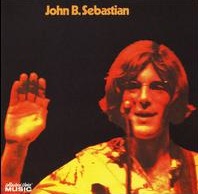
January 19, 1970: John Sebastian (25) released his first solo album, John B Sebastian. He had, of course, had great success with the band Lovin’ Spoonful. Sebastian was 21 when that band released the album, Do You Believe In Magic.
Mountain
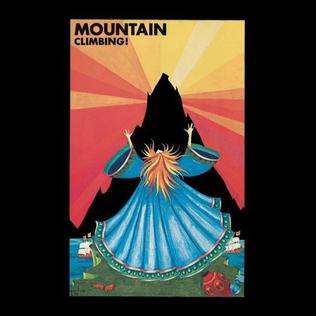
March 7, 1970: Mountain released its first album, Climbing! [also known as Mountain Climbing!] The album personnel who had played at Woodstock were: Leslie West (24), Felix Pappalardi (30), and Steve Knight (34).
Woodstock Performers First Album
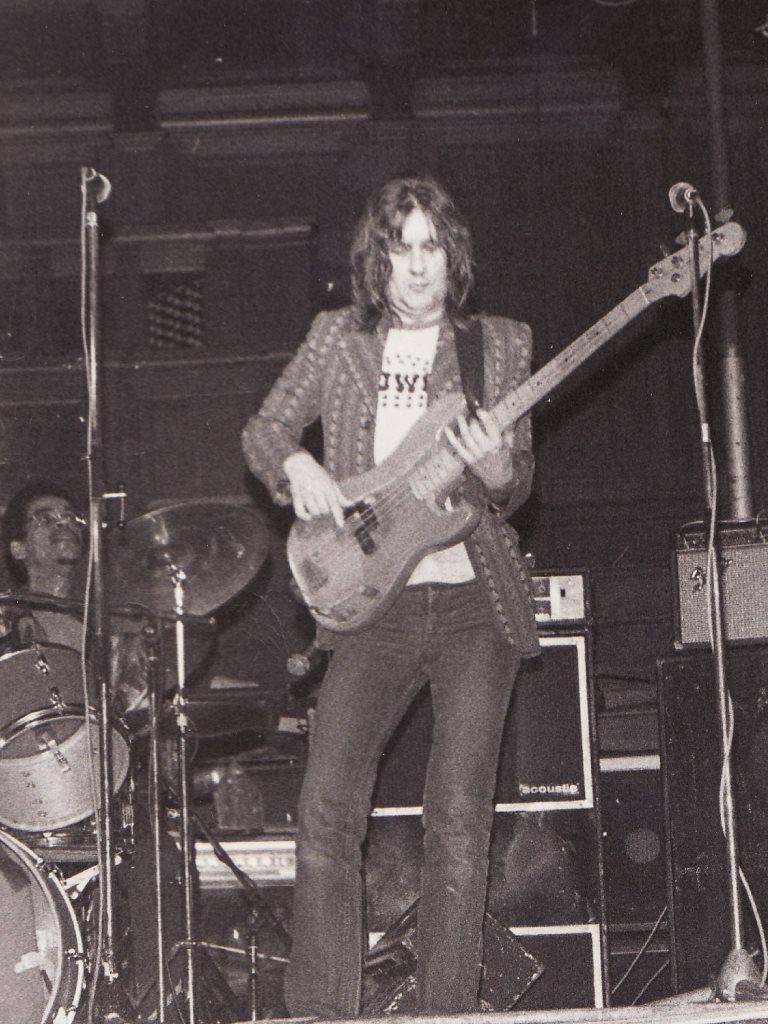
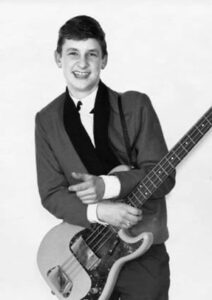 Bruce Eders AllMusic.com biography of Alan Spenner begins this way: Alan Spenner was a bassist whose career across a 25-year period put him in the center of some of the most popular and critically acclaimed music acts and recordings to come out of England.
Bruce Eders AllMusic.com biography of Alan Spenner begins this way: Alan Spenner was a bassist whose career across a 25-year period put him in the center of some of the most popular and critically acclaimed music acts and recordings to come out of England. 